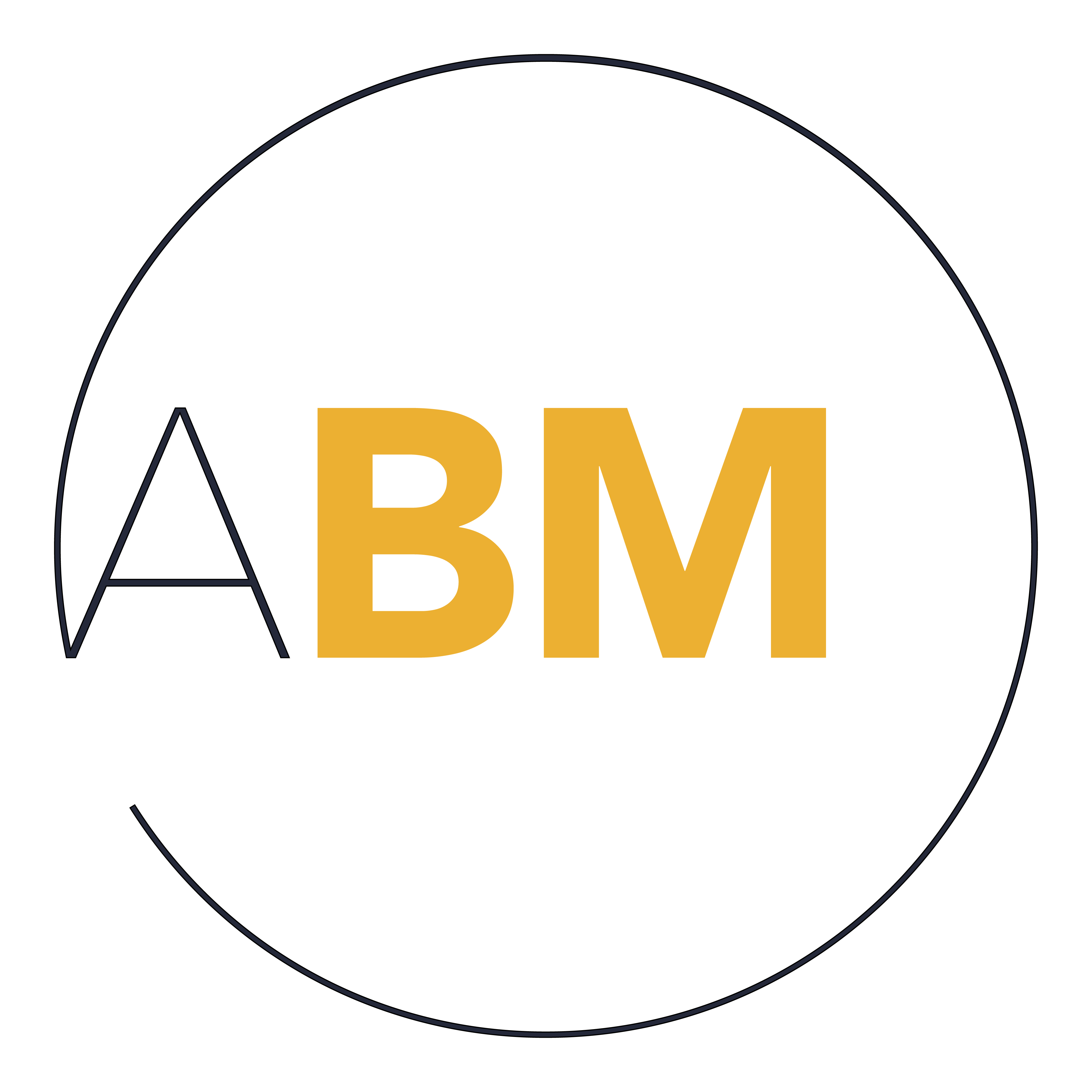ABM’s First Australia/ New Zealand Regional Conference
The inaugural ABM Australia/New Zealand Regional Conference was held at the Gold Coast, Queensland, Australia on July 20-21 2018 with over 85 registrants from Australia, New Zealand, Malaysia, Indonesia and Taiwan.
The conference was preceded by a one day workshop “Breastfeeding Essentials for Medical Practitioners” which is a Australian/NZ version of the ABM ‘What every physician need to know about breastfeeding’ course, modified to meet the needs of Australian and New Zealand doctors. In Australia and New Zealand, most breastfeeding medicine is provided by general practitioners (family physicians) who care for the mother-baby dyad routinely in the postpartum period. Australian research in 2009, indicated only 23% of general practice registrars felt confident that their breastfeeding knowledge was adequate, with common sources of information being undergraduate teaching, post graduate teaching, general practice and personal experience. (1) Our aim was to present a breastfeeding conference organised by doctors, for doctors, with clinically relevant and evidence based presentations.
There is a disappointing lack of routine data collection around breastfeeding in Australia; however in 2010 (2) around 96% of women initiated breastfeeding, with a rapid drop in the early months with 39% of women exclusively breastfeeding at 4 months (2). Data from 2007 (3) indicated only 28% of babies continued to be breastfed at 12 months of age. The Australian government has a paid parental scheme where mothers who earn less than AU$150,000 per annum are entitled to 18 weeks paid leave at the national minimum wage. Some employers also provide additional paid parental leave. All mothers are entitled to take up to 12 months maternity leave in total (paid and unpaid) and have their jobs protected under legislation. A similar scheme operates in New Zealand, with 18 weeks government paid parental leave, increasing to 26 weeks in 2020.
Anecdotal evidence from female medical practitioners indicates that there are numerous barriers in the workplace that contribute to medical practitioners ceasing breastfeeding earlier than desired. This includes limited access to paid parental leave and part time work options on return to work as well as pressure to return to work to meet postgraduate training pathway commitments. In addition, Australian and New Zealand medical women continue to describe workplace cultures that are not conducive to breastfeeding or adequate expression of breastmilk to maintain adequate milk supply. Female medical practitioners in specialist training continue to experience difficulties with gaining recognition of the need for facilities for breastfeeding and milk expression during examinations, and frequently are made to feel that their breastfeeding infants are not welcome at professional conferences and meetings.
As medical professionals who are aware of the importance of human milk for optimum growth and development, we need to support our own colleagues to breastfeed to term, so that we as a profession can lead the way in increasing breastfeeding rates across both our countries. As an organising committee we felt it was essential that we celebrate and welcome our breastfeeding colleagues. Many families accompanied registrants to the conference and mums and babies were made welcome in our main room with space at the rear and couches provided. We also had a room adjacent with couches, playmats and live audio and visual feed for parents who preferred to move out of the main room. This proved very popular – see photos below! Several registrants responded to our request for volunteers to doula other registrant mums with babies, and we had great feedback from conference attendees and on social media. Dr Alison Soerensen, a recently fellowed general practitioner from Western Australia, was our after dinner speaker and spoke passionately about her personal battle for adequate arrangements for breastfeeding candidates during general practice fellowship exams.
We welcomed ABM Board member and Treasurer Dr Sarah Reece-Stremtan who spoke about anaesthesia and analgesia in breastfeeding women and also non pharmacological pain relief in infants. Other highlights from the program included ENT Surgeon (and ex-Olympic Rowing medallist) Dr Nikki Mills who presented fascinating results of her PhD in functional anatomy of the tongue and its role in infant suck, swallow and breathing. Obstetric physician Professor Leonie Callaway discussed breastfeeding and the diabetic mother, and Dr Susan Jordan, previously a GP and now an epidemiologist, discussed breastfeeding and gynaecological cancers. Dr Treasure McGuire, a pharmacist with a special interest in breastfeeding and women’s health discussed breastfeeding and psychoactive medications as part of a symposium on mental health and breastfeeding. Dr Gillian Opie, Neonatologist, and Dr Sharon Perrella RN/RM IBCLC and post doctoral fellow from the Hartmann Lactation Research Group in Perth presented about the challenges of the late preterm infant transitioning to feeding at the breast. We also presented a symposium on tongue tie featuring Dr Nikki Mills, Dr Sharon Perrella and Dr Yvonne Le Fort, a general practitioner, IBCLC and ABM Board member from New Zealand, which was very well received.
We received great feedback from attendees both informally and via the post conference evaluation and plans are already afoot for another ABM Australia/New Zealand regional conference in the not-to-distant future.
Dr. Marnie Rowan is a family physician and IBCLC at Elizabeth Clinic and medical officer at the Department of Psychological Medicine, King Edward Memorial Hospital, Women and Newborn Health Service in Perth, Western Australia.
Posts on this blog reflect the opinions of individual ABM members, not the organization as a whole.
References
1. Brodribb W, Fallon A, Jackson C, Hegney D. Breastfeeding knowledge – the experiences of Australian general practice registrars. Australian family physician. 2009;38(1-2):26-29.
2. Australian Institute of Health and Welfare 2011. 2010 Australian National Infant Feeding Survey: indicator results. Canberra: AIHW.
3. http://www.aifs.gov.au/growingup/pubs/ar/annualreport2006-07.html








Leave a comment